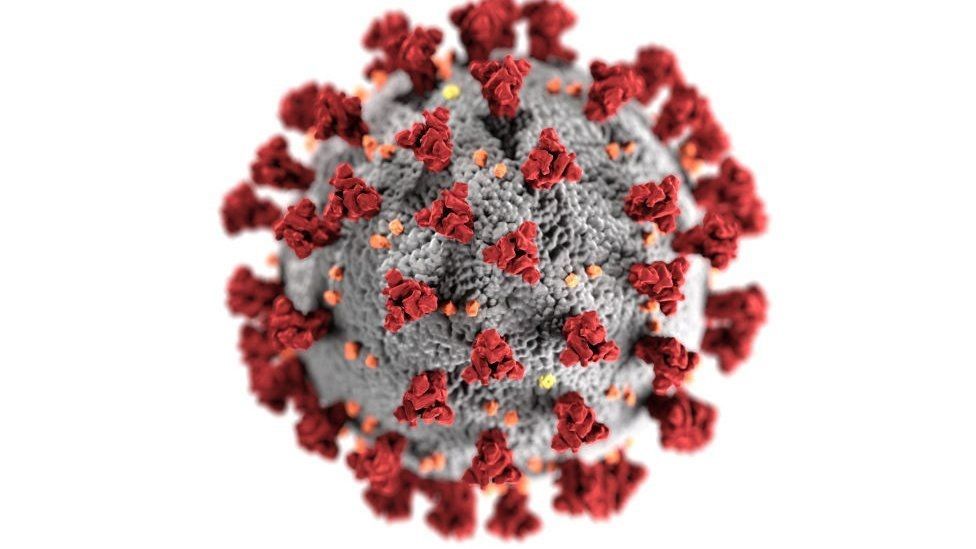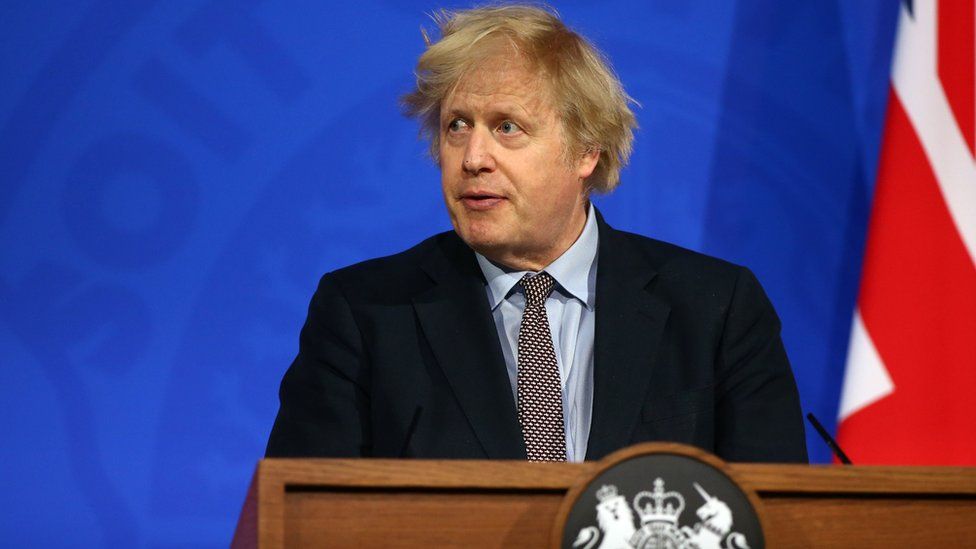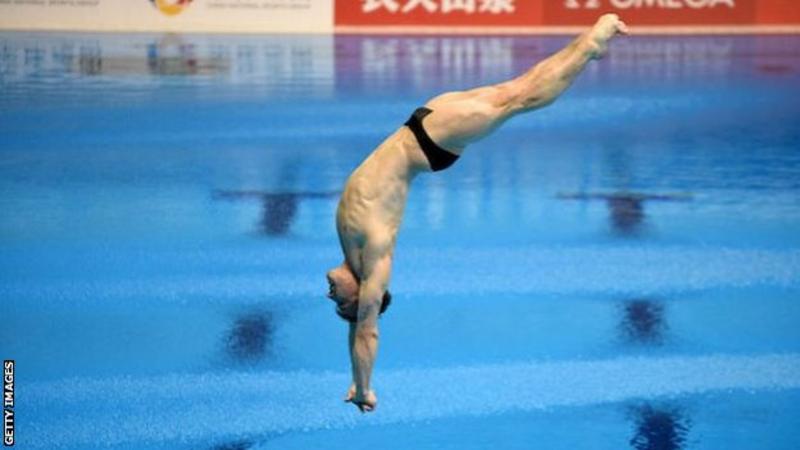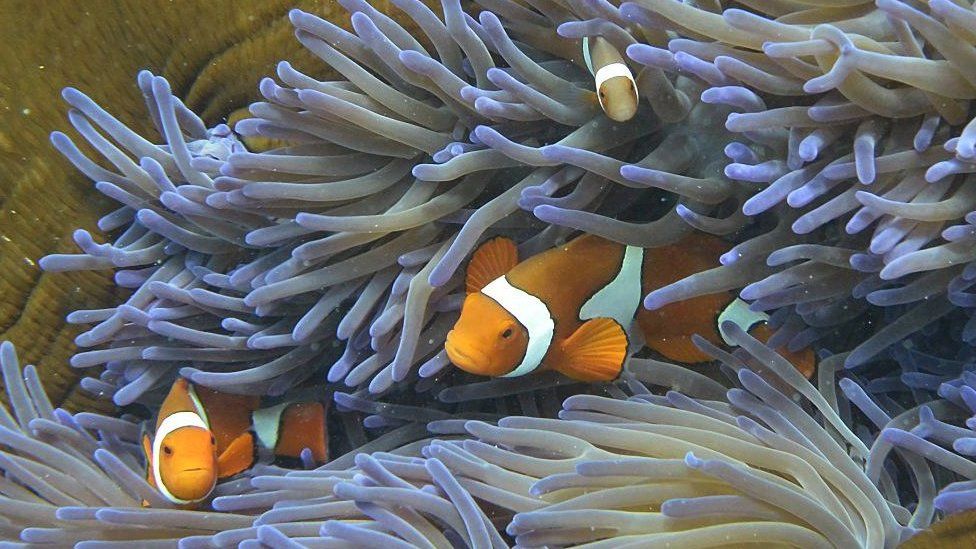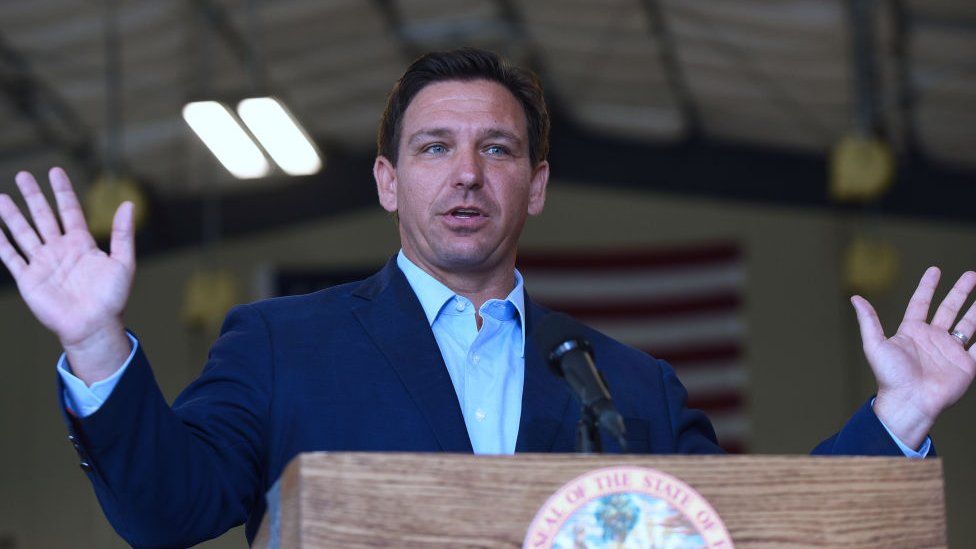Smoke alarms go off on International Space Station

London, Sept. 9:Alarms were triggered onboard the International Space Station after the crew reported smoke and the smell of burning plastic.
The incident centred on the Russian-built Zvezda module which provides living quarters, Russian media report.
The ageing space station has suffered a number of failures over the years and a Russian official recently warned of outdated hardware and failing systems.
These include air leaks, misfiring engines and cracks.
Russia's space agency, Roscosmos, said later that all systems were back to normal. The smoke was detected during recharging of the station's batteries, the agency said, and the crew had now returned to "regular training".
The burning plastic smell was reported to have spread from the Russian section to the US segment. The US space agency, Nasa, said a spacewalk planned for later on Thursday would still go ahead, according to Russia's Ria Novosti news outlet.
Two Russian cosmonauts are set to carry out work on the recently delivered Nauka science module.
Russian official Vladimir Solovyov told state media on 1 September that the ISS could suffer irreparable failures due to outdated equipment and hardware.
At least 80 per cent of in-flight systems on the Russian segment had passed their expiry date, Mr Solovyov, chief engineer at space company Energia, told state media. Energia is the lead developer of Russia's ISS modules.
He also said small cracks had been discovered on Russia's Zarya cargo section and they could worsen over time.
The ISS was built in 1998 as part of a joint project between Russia, the US, Canada, Japan and several European countries and was originally designed for a 15-year lifespan.
aid last year that structural fatigue meant the ISS would not be capable of operating beyond 2030. In July, a malfunction caused the jet thrusters on the Nauka module to fire without warning, destabilising the ISS.
Russia said in April that it could leave the ISS and build its own space station by 2030, though nothing has been finalised.
There are currently seven astronauts onboard the ISS: two from Russia, three from the US, one from France and one from Japan.
Recent News

Do not make expressions casting dout on election: EC
14 Apr, 2022
CM Bhatta says may New Year 2079 BS inspire positive thinking
14 Apr, 2022
Three new cases, 44 recoveries in 24 hours
14 Apr, 2022
689 climbers of 84 teams so far acquire permits for climbing various peaks this spring season
14 Apr, 2022
How the rising cost of living crisis is impacting Nepal
14 Apr, 2022
US military confirms an interstellar meteor collided with Earth
14 Apr, 2022
Valneva Covid vaccine approved for use in UK
14 Apr, 2022
Chair Prachanda highlights need of unity among Maoist, Communist forces
14 Apr, 2022
Ranbir Kapoor and Alia Bhatt: Bollywood toasts star couple on wedding
14 Apr, 2022
President Bhandari confers decorations (Photo Feature)
14 Apr, 2022


